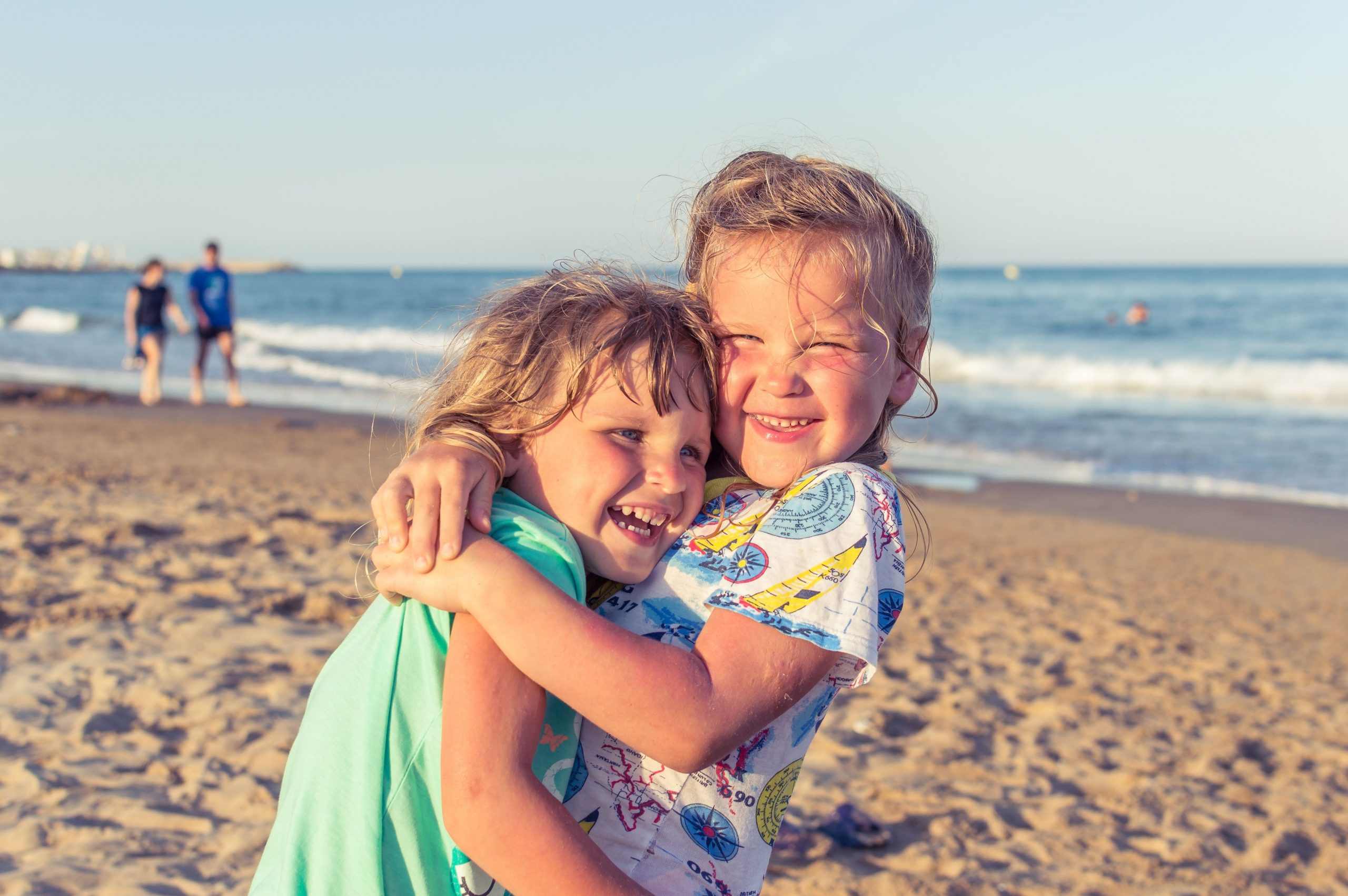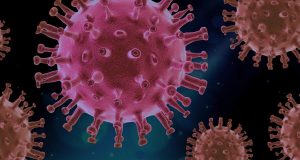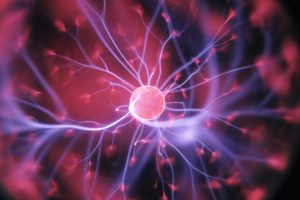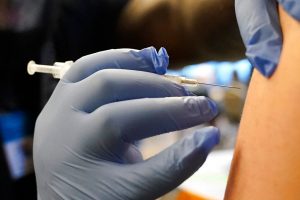A hug can communicate what words alone cannot. It’s a powerful tool for expressing yourself without having to say anything. If you’re stressed and want to feel better right away, ask a loved one for a comforting hug. Hugs have been shown to lower cortisol levels, a stress hormone, and can lower blood pressure and heart rate in stressful situations, according to scientific evidence.
Hugging isn’t just good for your mental health; it also appears to keep you from getting sick. It may reduce the risk of getting sick or catching a cold, according to a study.
Also Read | 10 DIY moisturisers for smooth and supple winter skin
Tim Gray, a health optimising biohacker, psychology specialist, entrepreneur, and global speaker, explains how hugs can benefit your health in an Instagram post.
“Hugs are SO powerful, and are great for reducing stress rapidly, improving overall health, relieving depression, reducing blood pressure and boosting the immune system too. According to scientists, the benefits of hugging go beyond that lovely connected warm feeling you get when you hold someone close. It’s especially great with a close friend or a partner and also helps create stronger bonds with new people,” says Gray.
Gray adds that hugging for over a minute creates a magical bond that you can’t really explain – but science can. “It creates stillness, calmness, a warm homely feeling – and time almost stands still,” he writes.
Also Read | Health benefits of eating oranges during winter
As a matter of fact, hugging actually increases the production of oxytocin, which is linked to improved heart health.
“Oxytocin, plus other hormonal reactions that happen during hugging are the reason they’re super powerful. Oxytocin is often dubbed as the “cuddle hormone” bc (because) of its relationship to key aspects of relationships such as trust, devotion, and bonding,” says Gray.
“Increased Oxytocin is also associated with better heart health – I certainly notice my resting heart rate reduce when I’m in a relationship. Hugs bring us out of “fight or flight” mode (we don’t hug dangerous things) calming the nervous system, and helping us heal,” he adds.







